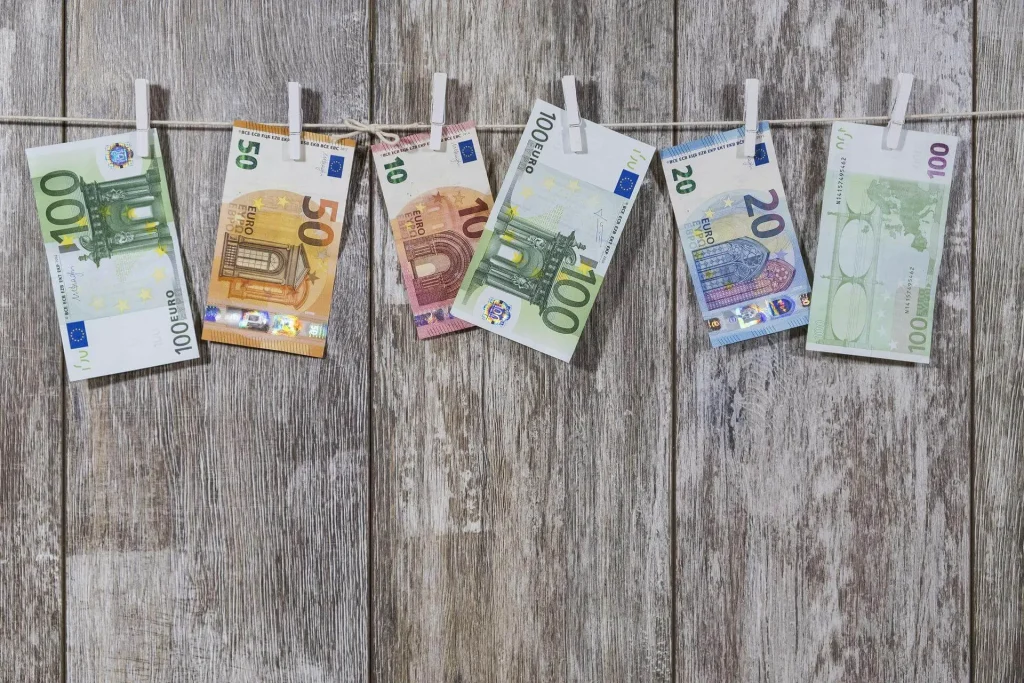A number of regulations reduce the negative effects of introducing the euro on citizens and employers, from stimulating healthy competitiveness to including civil society associations, Marić said in a debate on the final proposal to adopt the euro as legal tender in Croatia.
The benefits are significantly bigger than the damage, he said, adding that the main benefits are the elimination of the currency and interest risks, a two-notch higher credit rating, and a lower risk premium.
Marijan Pavliček of the Sovereignists said entering the euro area at a time of the biggest financial uncertainty, energy crisis and high inflation was not wise.
He said this was not an economic project, but the prime minister’s political project, that inflation was 7.8% and GDP growth 3%, that consumption dropped, while inflation and the deficit increased.
Božo Petrov of Bridge said all independent financial experts said Croatia was not ready for the euro. He asked how the government would guarantee that prices would not rise even more, that imports would not take over and wages fall.
Marić said it was difficult to accurately predict or guarantee something even in more normal circumstances.
Ružica Vukovac of For a Just Croatia said it was not a good time and that Croatia’s economic problems should be solved first.
Ante Prkačin of the Democratic Movement said that by introducing the euro, Croatia would move further away “from the fate of Croats in Bosnia and Herzegovina, who are subject to political terror.”
On the other hand, Emil Daus of the Istrian Democratic Party said introducing the euro was a logical part of European integration. The problem is, will we be a strong economy and a functioning state with clear long-term goals, he added.
Boris Lalovac of the Social Democratic Party said the euro would have a positive effect on transaction and currency costs.
Zvane Brumnić of the Social Democrats said “our only chance is if someone else takes care of us.”
Grozdana Perić of the ruling HDZ said the euro would make doing business more favourable and safer as well as facilitate investment, economic growth and higher living standards.
Marić reiterated that the Council of the EU’s decision on Croatia’s accession to the euro area was expected in July and that if all the requirements had been met, the euro would be introduced on 1 January.
He said Croatia met all criteria as last year’s deficit was under 3%, the public debt-to-GDP ratio was reduced by seven percentage points and inflation was within the EU average.
Prices will have to be displayed in both kuna and euro as of 5 September.
For more, check out our politics section.










